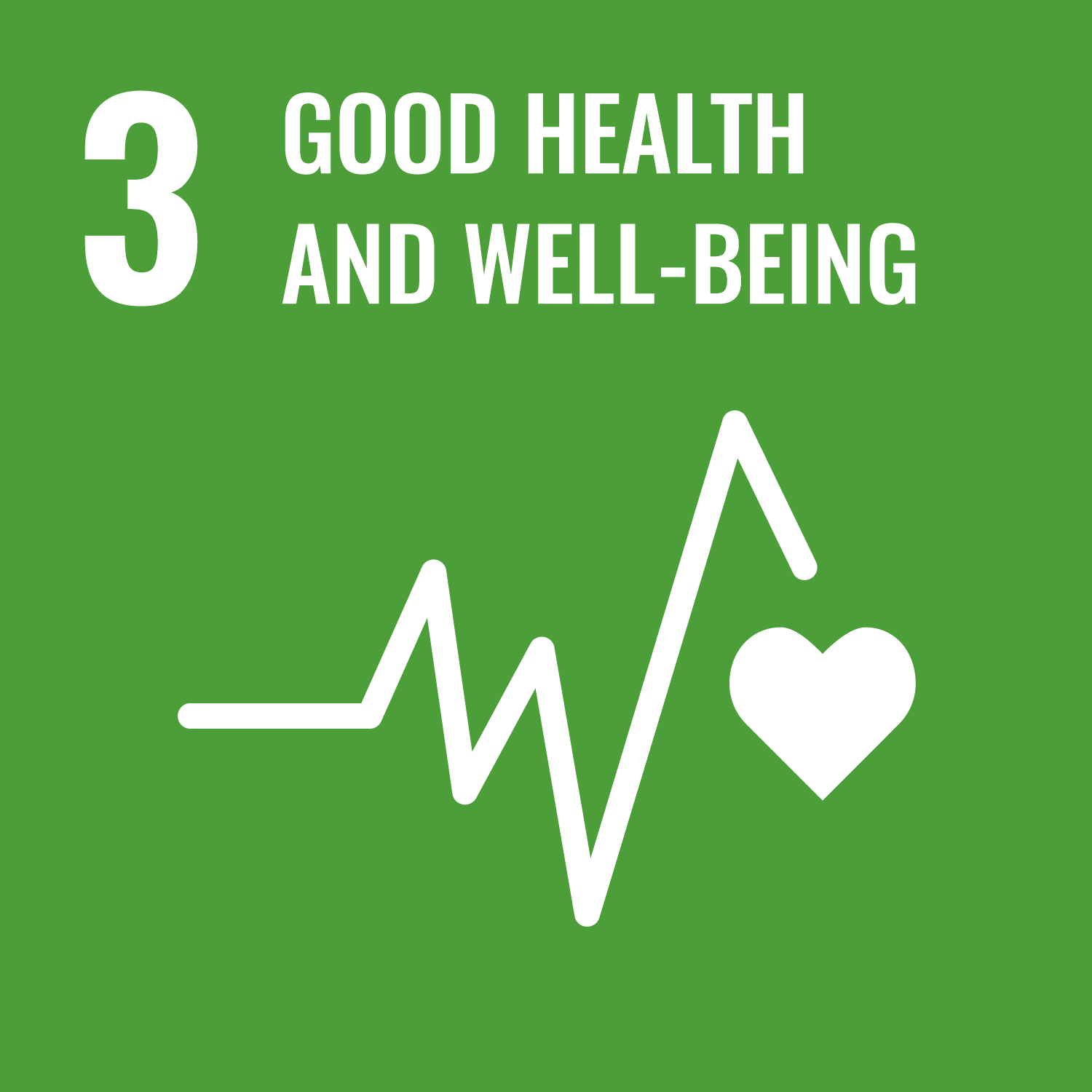SDG Detail
POLITICS 741 : Ethics and Health Policy
Postgraduate courseProject description
Should organs be allowed to be sold? Should alcoholics get liver transplants? Should smokers get expensive heart surgery? If an influenza pandemic threatens New Zealand, should the government force infected people into quarantine? Should the government force people to be healthy? Should it manipulate them? Are people who smoke or get fat really making free decisions? Political theorists think about rights, justice, and the good life. Governments everywhere struggle with ethical problems in health. Public policy is all the better for being informed by political theory, and political theory is all the better for thinking about what ought to happen in the real world. One focus is scarcity: how should resources be allocated in a government health system? We consider organs for transplant, expensive treatments, and holding people responsible for their own health. Another focus is public health; we consider coercion to control the spread of contagious disease, and how the government should try to reduce `lifestyle� diseases attributed to e.g. obesity. This is an applied political theory paper, and it would suit politics students of political theory and public policy, and non-politics students interested in health policy, population health, and applied ethics.
Project aims
?
Project outcome
By the end of this course, students will be able to: Understand leading ethical problems in health policy (Capability 1.1, 1.2, 1.3 and 6.1) Apply ethical principles to factual problems (Capability 2.1, 2.2, 2.3, 3.1, 4.2, 6.1 and 6.3) Communicate health policy problems and answers to those problems (Capability 4.1, 4.2, 4.3 and 5.2)
Related SDGs
The corresponding sustainable development goals correlated with this project. You you click the icon to link to SDG category description page.









